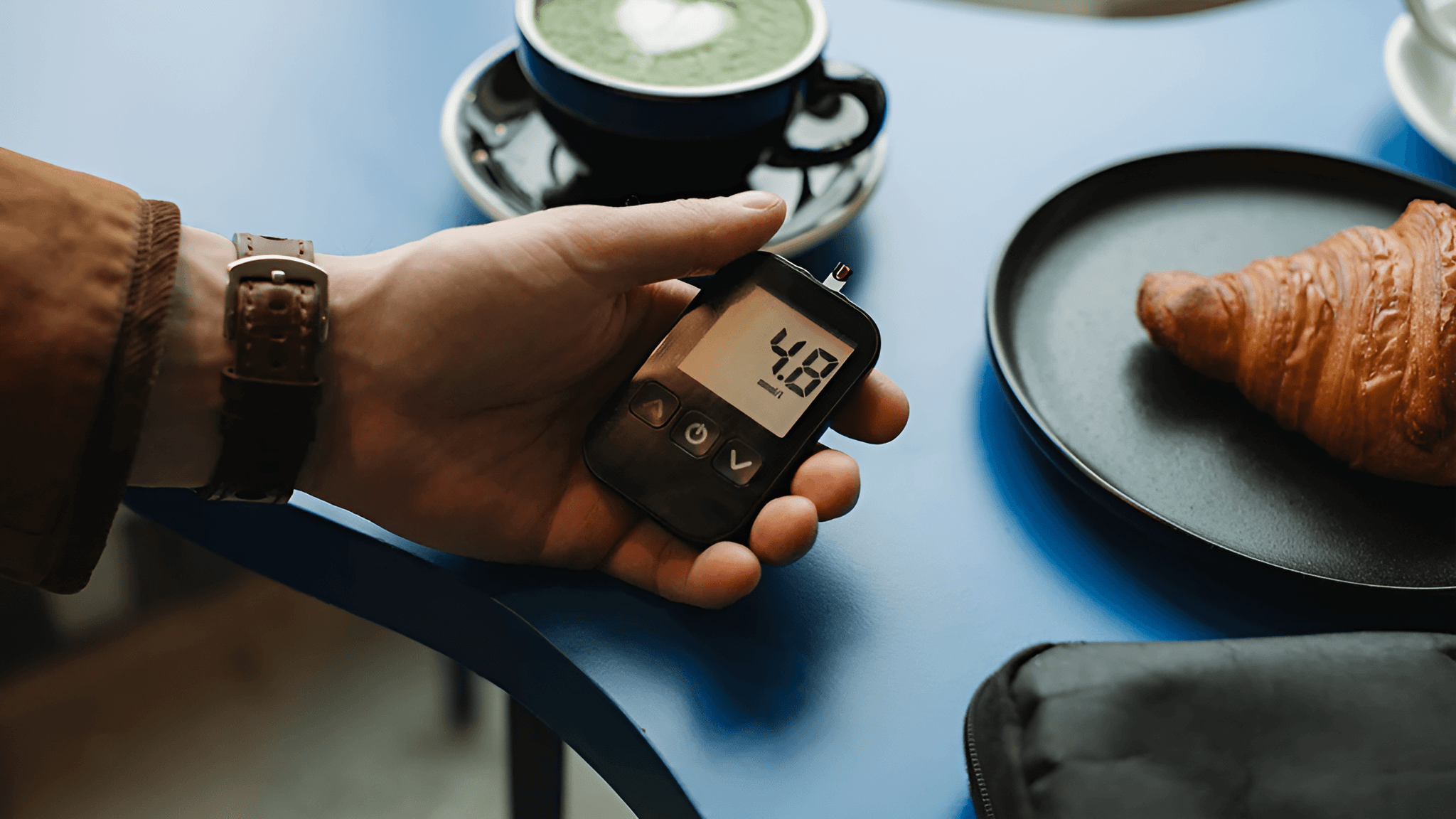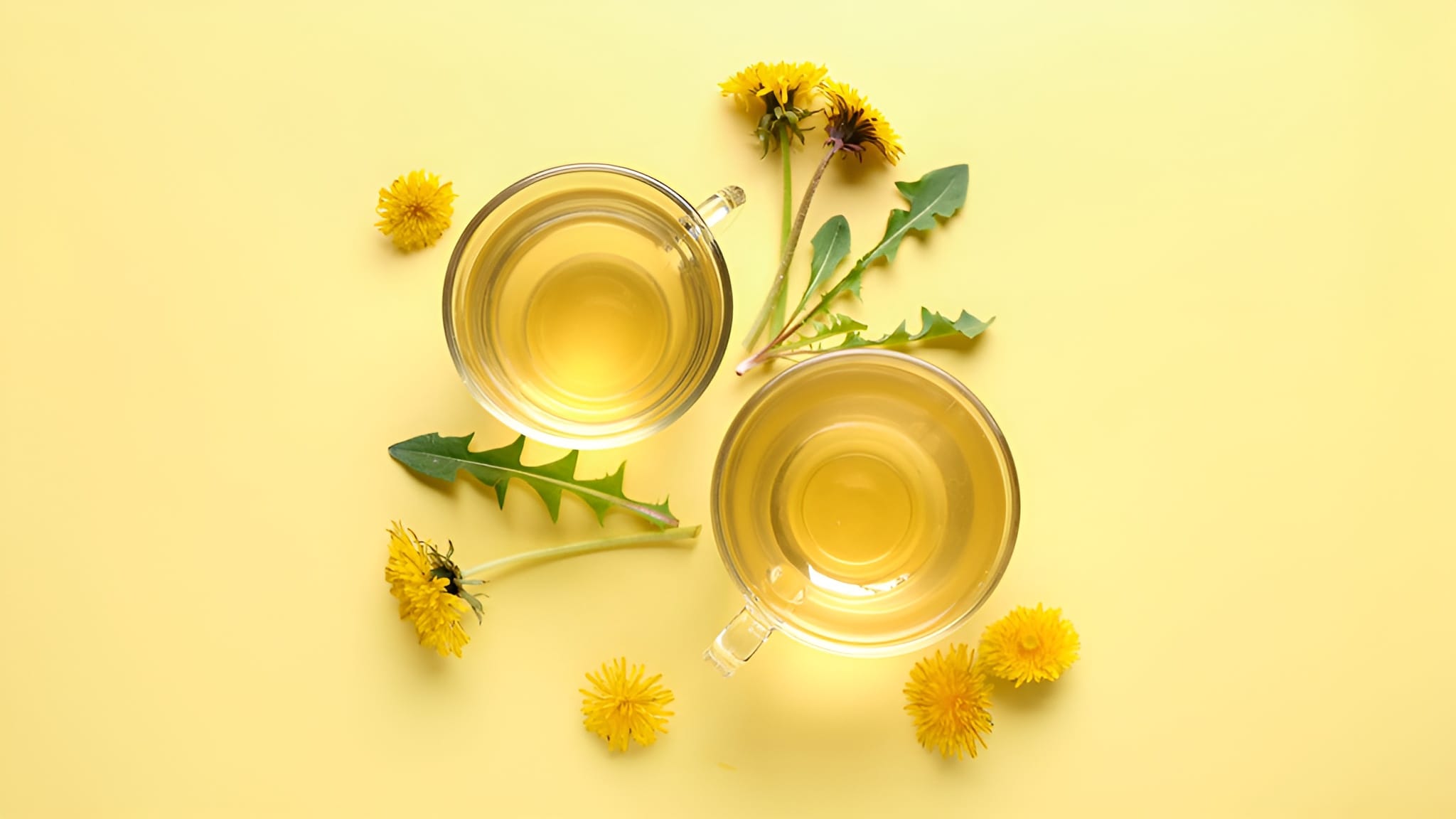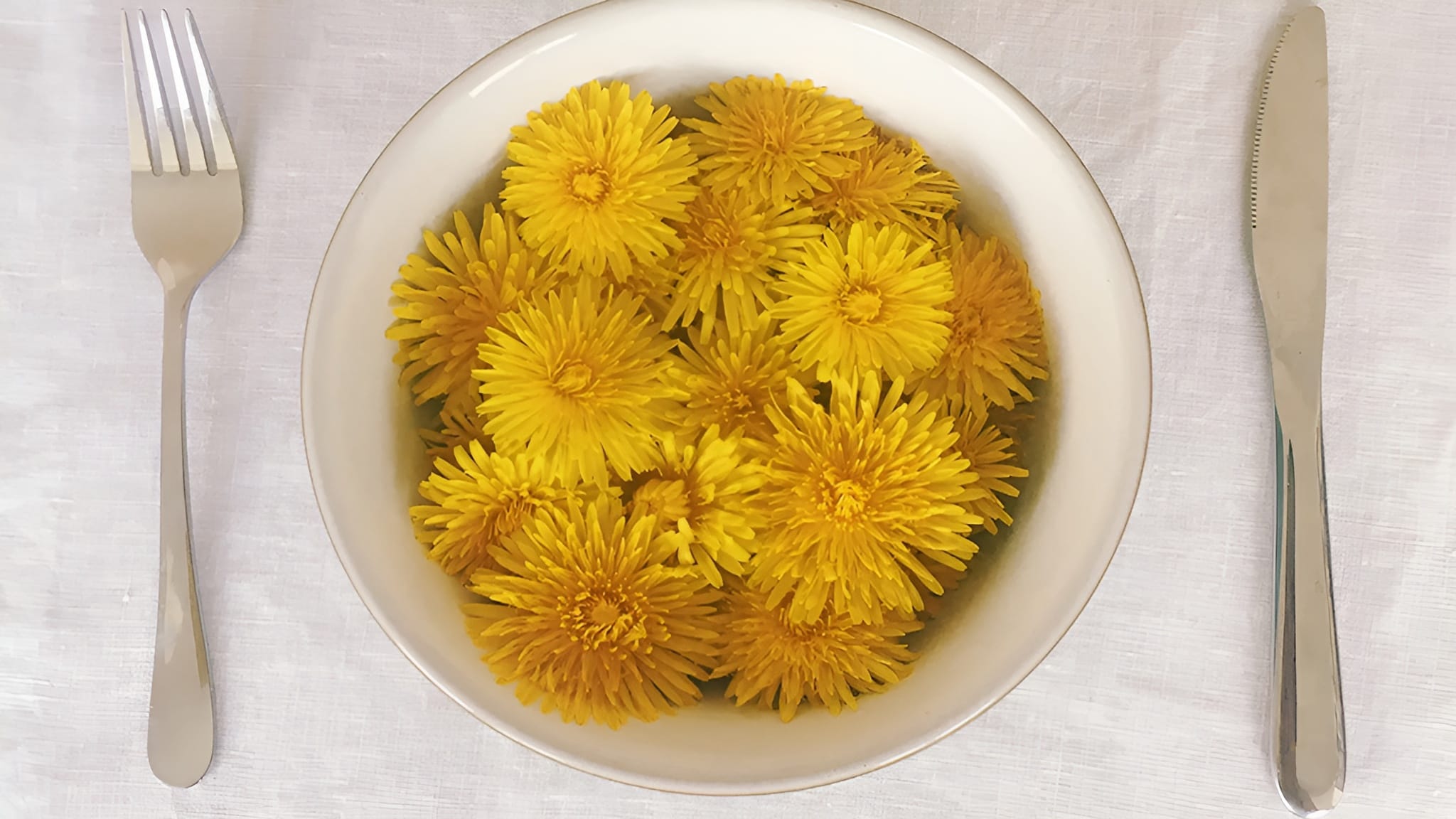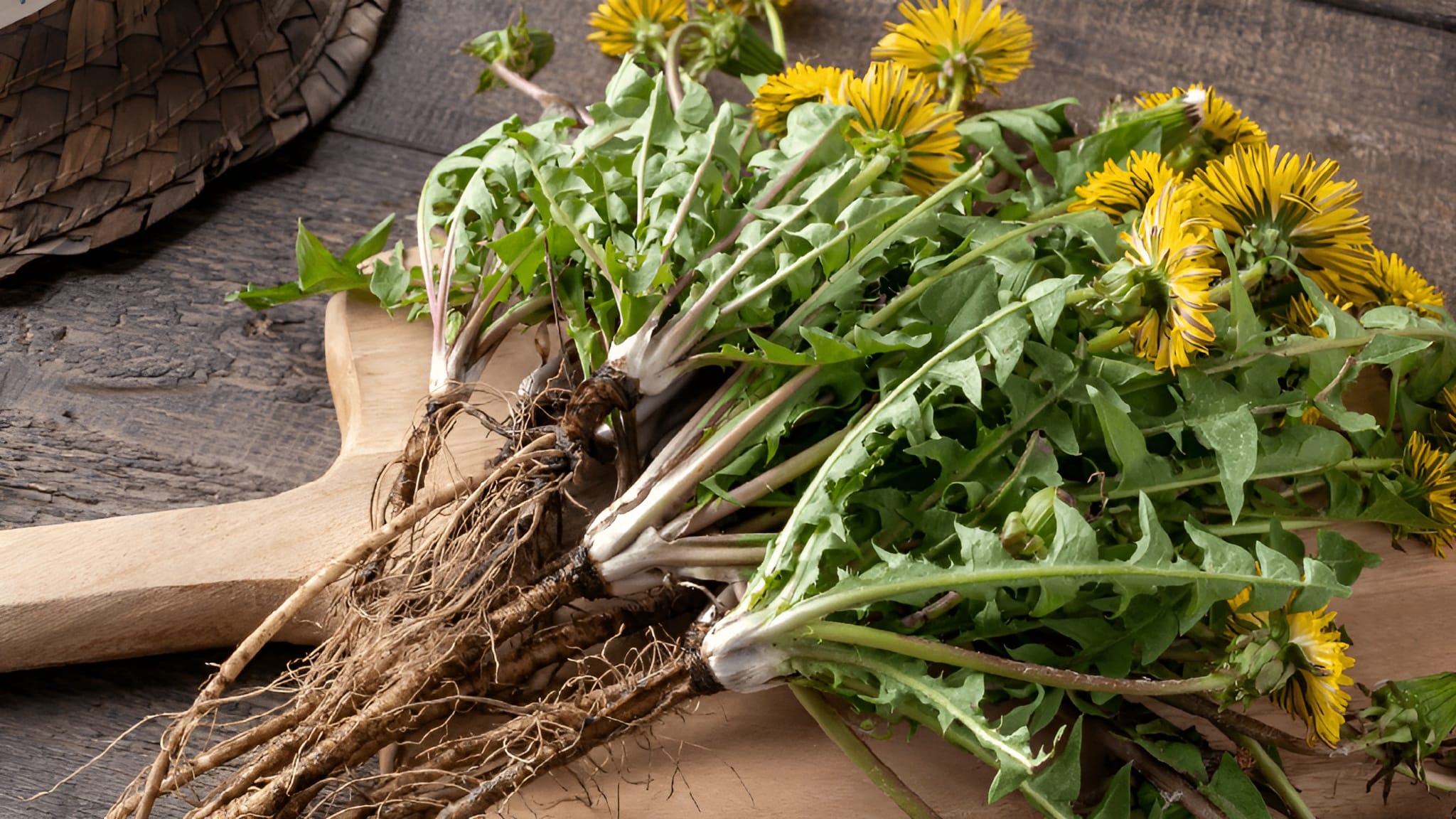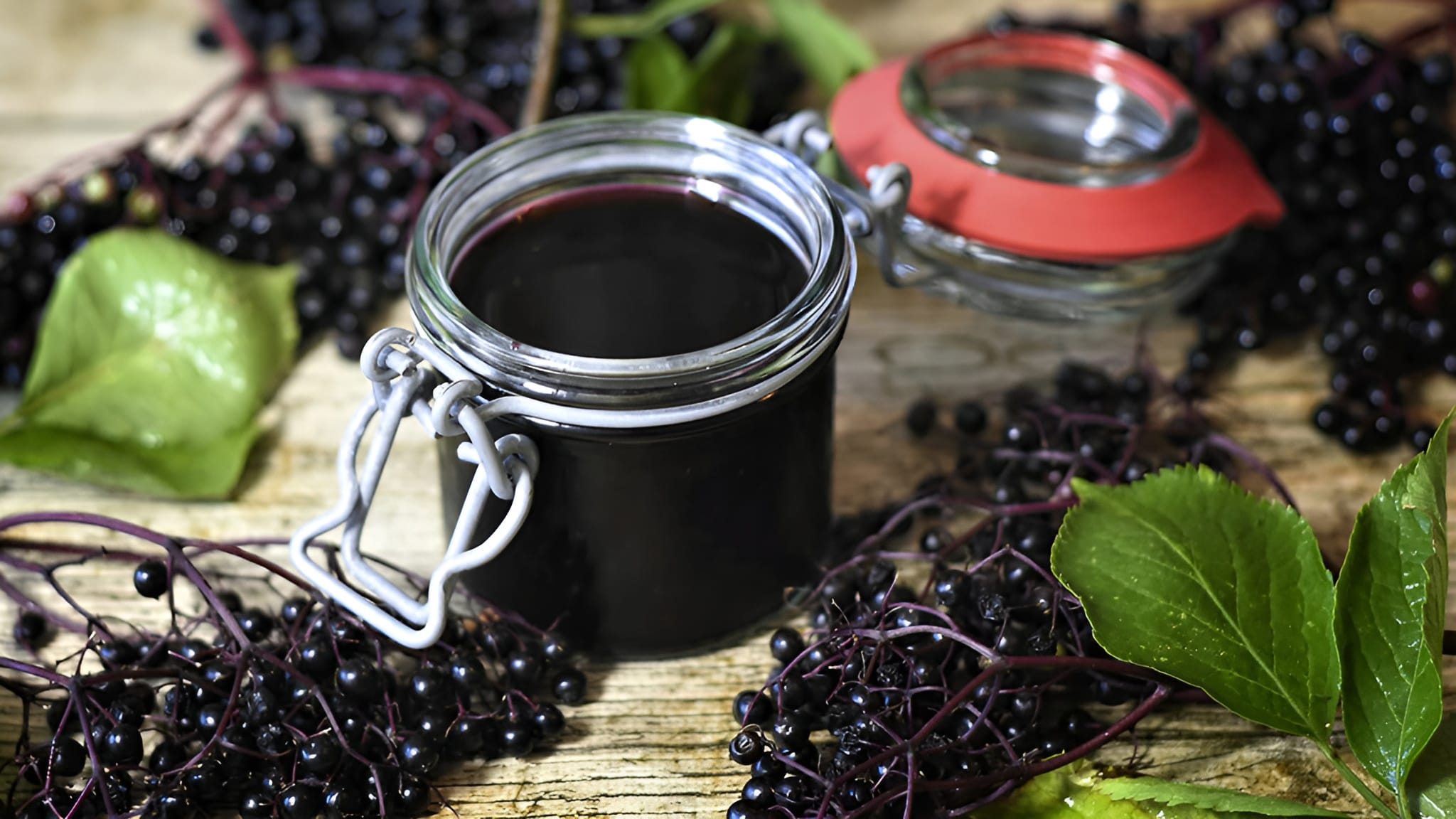Living with diabetes can be challenging. Your doctor has probably advised you to ditch sugary drinks and stay hydrated. But did you know that certain teas can actually help manage your blood sugar levels?
Diabetes is characterized by insulin resistance, leading to abnormal blood sugar. Staying hydrated and avoiding excess sugar are crucial for managing this condition. And guess what? Unsweetened tea is an excellent choice for achieving both of these goals! We’ll show you the best teas for diabetes.
In regards to insulin resistance, Glutamine plays a key role in insulin sensitivity. Consider reading up on my article on Glutamine and Immune Health for more information.
If you are struggling with diabetes, perhaps you would also like to check out our herbs for blood pressure. It’s known that around ¾ of people with diabetes also have high blood pressure. [1][2][3]
Table of Contents
Why Tea is a Great Choice for Diabetes
Not only are teas hydrating, but they’re also packed with antioxidants that protect your cells from damage. Plus, they contain natural compounds that can help regulate blood sugar.
Here are a few quick reasons that tea can help with diabetes:
- Hydration: Staying hydrated is essential for managing blood sugar levels, and tea is an excellent way to increase your fluid intake.
- Antioxidant Powerhouse: Tea is rich in antioxidants, which help protect your cells from damage caused by free radicals, reducing oxidative stress often associated with diabetes.
- Blood Sugar Regulation: Many teas contain natural compounds that can help regulate blood sugar levels, improving insulin sensitivity and glucose metabolism.
- Calorie-Free Refreshment: Unsweetened tea is a delicious and calorie-free alternative to sugary drinks, which can spike blood sugar levels.
- Variety and Enjoyment: With a wide variety of flavors and types of tea available, you can find options that you truly enjoy, making it easier to incorporate into your daily routine.
- Stress Reduction: Some teas have calming properties that can help reduce stress, which can also impact blood sugar levels.
Best Teas for Diabetes Management
Here are some of the best teas for diabetes that I’ve come across:
1. Ginseng Tea: An Ancient Remedy for Modern Times
Used medicinally in the East for thousands of years, ginseng has shown incredible potential for diabetes management.
- Improved Insulin Sensitivity: Ginseng can lower insulin resistance in individuals who have developed a tolerance over time [4]. This is excellent news for those struggling with this common issue.
- Reduced Blood Sugar and Cholesterol: In a study on diabetic rats, ginsenosides (active compounds in ginseng) significantly reduced blood glucose, cholesterol, and triglyceride levels [5].
- Enhanced Glucose Responsiveness: Even in people with normal blood glucose levels, ginseng improved glucose responsiveness [6].
- Increased Insulin Production: Ginseng has been shown to stimulate insulin production in the pancreas and prevent pancreatic cell death [7].
With strong scientific backing, ginseng tea is a valuable addition to a diabetes management plan. I include it in my own daily routine! Try it with a squeeze of lemon or some vitamin C for a refreshing boost.
Ginseng and Ashwaganda tea are both known for their benefits to metabolism.
2. Green Tea: A Classic for a Reason
Green tea is a popular beverage known for its refreshing taste and numerous health benefits. It’s loaded with antioxidants, can help with weight management, and even plays a role in regulating blood sugar.
- Weight Management: Obesity is a significant risk factor for type 2 diabetes, increasing your chances by around six times [8]. Green tea can assist with weight loss, reducing this risk.
- EGCG Power: Green tea contains a potent compound called epigallocatechin gallate (EGCG), which helps transport excess sugar from the bloodstream into muscle cells, effectively lowering blood sugar levels [9].
- Improved Fasting Blood Sugar: Long-term green tea consumption has been shown to significantly improve fasting blood sugar levels in both people with and without diabetes [10].
Aim for 2-4 cups of green tea daily. You can even combine it with ginseng to make one of the best teas for diabetes even better!
If you’re looking for a fantastic health-oriented green tea, look no further than Longjing tea! With a natural blend of polyphenols for metabolism, it’s a powerful addition for those with metabolic issues.
3. Aloe Vera Tea: More Than Just Skin Deep
While aloe vera is famous for its skin-soothing properties, it also offers internal benefits when ingested. Modern science has revealed its potential for managing various conditions, including arthritis, infections, gastrointestinal disorders, diabetes, and even cancer [11].
- Improved Glucose Tolerance: An 8-week trial with prediabetic individuals showed that aloe vera reduced fasting glucose and normalized glucose tolerance. It also aids in carbohydrate metabolism, which can help with weight management [11].
- HbA1c Reduction: Some studies suggest that aloe vera may help reduce hemoglobin A1c (HbA1c), a key indicator of blood sugar control [12].
While the taste of aloe vera might take some getting used to, it can be a valuable tool in managing insulin resistance. However, be aware that aloe vera may interact with certain diabetes medications like metformin and glyburide, so consult your doctor before adding it to your routine [13][14][15].
4. Black Tea: A Familiar Favorite with Hidden Benefits
Black tea comes from the same plant as green tea, offering similar benefits. However, the processing of the leaves results in a different flavor, color, and chemical profile, giving black tea some unique advantages.
- Enhanced Insulin Response: A 2017 study found that black tea polyphenols lowered blood glucose and increased insulin response after sugar consumption in both healthy and diabetic individuals [16].
- Theaflavins and Thearubigins: These compounds, abundant in black tea, have been shown to increase insulin production and lower blood sugar levels in diabetics [17].
- Pancreatic Cell Protection: Black tea may also help protect pancreatic cells, potentially boosting insulin secretion [17].
With its combination of polyphenols, theaflavins, and thearubigins, black tea is a strong contender in the list of best teas for diabetes.
5. Turmeric Tea with a Dash of Cinnamon
Turmeric, a staple in Indian cuisine, has gained popularity worldwide for its potent antioxidant and anti-inflammatory properties. Turmeric is paired well with Omega-3 fish oil for compounded anti-inflammatory effects. Curcumin, the active ingredient in turmeric, has been extensively studied for its blood sugar-regulating effects. The curcumin content makes it one of the best teas for diabetes.
- Improved Cellular Uptake of Glucose: Curcumin helps transport excess sugar from the bloodstream into cells, reducing blood sugar levels. It also helps improve insulin sensitivity [18].
- Kidney Support: As a powerful antioxidant, curcumin helps the body cope with stress and has been shown to support kidney function [18].
Combining turmeric with cinnamon creates a delicious and beneficial tea for diabetes management. Cinnamon has also shown potential for lowering blood sugar levels, though more research is needed. One study found that daily cinnamon supplementation significantly reduced fasting blood glucose levels [19].
Learn more about how to balance blood sugar with cinnamon & curcumin.
Important Considerations for Tea and Diabetes
While tea can be a helpful tool in managing diabetes, it’s important to be mindful of a few things:
- Avoid Added Sweeteners: Always drink your tea without sugar or honey.
- Choose Pure Teas: Look for teas without added ingredients like sodium or artificial sweeteners.
- Consult Your Doctor: Some herbs, like aloe vera, can interact with diabetes medications. It’s always best to consult your physician before adding new herbal teas to your routine, especially if you’re taking medication.
By making informed choices and incorporating these beneficial teas into your lifestyle, you can take a proactive approach to managing your diabetes and improving your overall health.
Overall health means taking control of your entire metabolism – as diabetes is a metabolic issue. Support bile flow and fat metabolism → to maintain better glycemic control.
FAQ
Common picks include ginseng, green tea, aloe vera, black tea, and turmeric with cinnamon. They’re popular for hydration, antioxidants, and gentle support for glucose balance.
Start with 1–2 cups daily. Steep bagged tea 5–10 minutes; for roots/spices (like turmeric + cinnamon), simmer 10–15 minutes, then strain. Keep it unsweetened.
No—think of tea as a supportive habit, not a substitute. Keep following your clinician’s guidance on meds, nutrition, and movement.
Some herbs (e.g., aloe vera, ginseng) may interact with diabetes meds. If you take prescriptions—or have kidney, liver, thyroid, or GI issues—check with your clinician first.
If you notice a difference, it’s usually after 2–4 weeks of steady use, alongside basics like sleep, balanced meals, and regular activity.
Cites and Sources
No Citations
Show Citations
[1] - Hopkins, A. L., Lamm, M. G., Funk, J. L., & Ritenbaugh, C. (2013). Hibiscus sabdariffa L. in the treatment of hypertension and hyperlipidemia: A comprehensive review of animal and human studies. Fitoterapia, 85, 84–94. https://doi.org/10.1016/j.fitote.2013.01.003
[2] - Jalalyazdi, M., Ramezani, J., Izadi-Moud, A., Madani-Sani, F., Shahlaei, S., & Ghiasi, S. S. (2019). Effect of hibiscus sabdariffa on blood pressure in patients with stage 1 hypertension. Journal of Advanced Pharmaceutical Technology & Research, 10(3), 107. https://doi.org/10.4103/japtr.japtr_402_18
[3] - Naha, S. (2021, August 7). Hypertension in diabetes. Endotext - NCBI Bookshelf. https://www.ncbi.nlm.nih.gov/books/NBK279027/
[4] - Liu, T. P., Liu, I., & Cheng, J. (2005). Improvement of insulin resistance byPanax Ginsengin fructose-rich chow-fed rats. Hormone and Metabolic Research, 37(3), 146–151. https://doi.org/10.1055/s-2005-861299
[5] - Cho, W. C., Chung, W. S., Lee, S. K., Leung, A. K. C., Chen, C., & Yue, K. K. M. (2006). Ginsenoside Re of Panax ginseng possesses significant antioxidant and antihyperlipidemic efficacies in streptozotocin-induced diabetic rats. European Journal of Pharmacology, 550(1–3), 173–179. https://doi.org/10.1016/j.ejphar.2006.08.056
[6] - Vuksan, V., Stavro, M., Sievenpiper, J. L., Koo, V. Y. Y., Wong, E. O., Beljan-Zdravkovic, U., Fleischer, T., Jenkins, A. L., Leiter, L. A., Josse, R. G., & Zheng, X. (2000). American Ginseng Improves Glycemia in Individuals with Normal Glucose Tolerance: Effect of Dose and Time Escalation. Journal of the American College of Nutrition, 19(6), 738–744. https://doi.org/10.1080/07315724.2000.10718073
[7] - Luo, J. Z., & Luo, L. (2006). American Ginseng Stimulates Insulin Production and Prevents Apoptosis through Regulation of Uncoupling Protein-2 in Cultured β Cells. Evidence-based Complementary and Alternative Medicine, 3(3), 365–372. https://doi.org/10.1093/ecam/nel026
[8] - Kim, H. M., & Kim, J. (2013). The effects of green tea on obesity and type 2 diabetes. Diabetes & Metabolism Journal, 37(3), 173. https://doi.org/10.4093/dmj.2013.37.3.173
[9] - Ueda-Wakagi, M., Nagayasu, H., Yamashita, Y., & Ashida, A. H. (2019, May 16). Green tea ameliorates hyperglycemia by promoting the translocation of glucose transporter 4 in the skeletal muscle of diabetic rodents. International journal of molecular sciences. https://www.ncbi.nlm.nih.gov/pmc/articles/PMC6566303/
[10] - Li, K., Zhou, R., Wang, B., Chen, K., Shi, L., Zhu, J., & Mi, M. (2013b). Effect of green tea on glucose control and insulin sensitivity: a meta-analysis of 17 randomized controlled trials. The American Journal of Clinical Nutrition, 98(2), 340–348. https://doi.org/10.3945/ajcn.112.052746
[11] - Radha, M. H., & Nampoothiri, L. (2015). Evaluation of biological properties and clinical effectiveness of Aloe vera: A systematic review. Journal of Traditional and Complementary Medicine, 5(1), 21–26. https://doi.org/10.1016/j.jtcme.2014.10.006
[12] - Kaur, N., Fernandez, R., & Sim, J. (2017). Effect of Aloe vera on glycemic outcomes in patients with diabetes mellitus. JBI Database of Systematic Reviews and Implementation Reports, 15(9), 2300–2306. https://doi.org/10.11124/jbisrir-2016-002958
[13] - Gupta, R. C., Chang, D. H., Nammi, S., Bensoussan, A., Bilinski, K., & Roufogalis, B. D. (2017). Interactions between antidiabetic drugs and herbs: an overview of mechanisms of action and clinical implications. DMSJournal, 9(1). https://doi.org/10.1186/s13098-017-0254-9
[14] - Patel, O., Muller, C. J. F., Joubert, E., Louw, J., Rosenkranz, B., & Awortwe, C. (2016). Inhibitory Interactions of Aspalathus linearis (Rooibos) Extracts and Compounds, Aspalathin and Z-2-(β-d-Glucopyranosyloxy)-3-phenylpropenoic Acid, on Cytochromes Metabolizing Hypoglycemic and Hypolipidemic Drugs. Molecules, 21(11), 1515. https://doi.org/10.3390/molecules21111515
[15] - Rai, A., Eapen, C., & Prasanth, V. G. (2012). Interaction of herbs and glibenclamide: a review. ISRN Pharmacology (Print), 2012, 1–5. https://doi.org/10.5402/2012/659478
[16] - Butacnum, A., Chongsuwat, R., & Bumrungpert, A. (2017). Black tea consumption improves postprandial glycemic control in normal and pre-diabetic subjects: a randomized, double-blind, placebo-controlled crossover study. PubMed, 26(1), 59–64. https://doi.org/10.6133/apjcn.112015.08
[17] - Imran, A., Butt, M. S., Arshad, M. S., Arshad, M. U., Saeed, F., Sohaib, M., & Munir, R. (2018, March 27). Exploring the potential of black tea based flavonoids against hyperlipidemia related disorders. Lipids in health and disease. https://www.ncbi.nlm.nih.gov/pmc/articles/PMC5872535/
[18] - Hartogh, D. J. D., Gabriel, A., & Tsiani, E. (2019). Antidiabetic Properties of Curcumin II: Evidence from In Vivo Studies. Nutrients, 12(1), 58. https://doi.org/10.3390/nu12010058
[19] - Kizilaslan, N., & Erdem, N. Z. (2019, March 4). The effect of different amounts of cinnamon consumption on blood glucose in healthy adult individuals. International journal of food science. https://www.ncbi.nlm.nih.gov/pmc/articles/PMC6425402/

